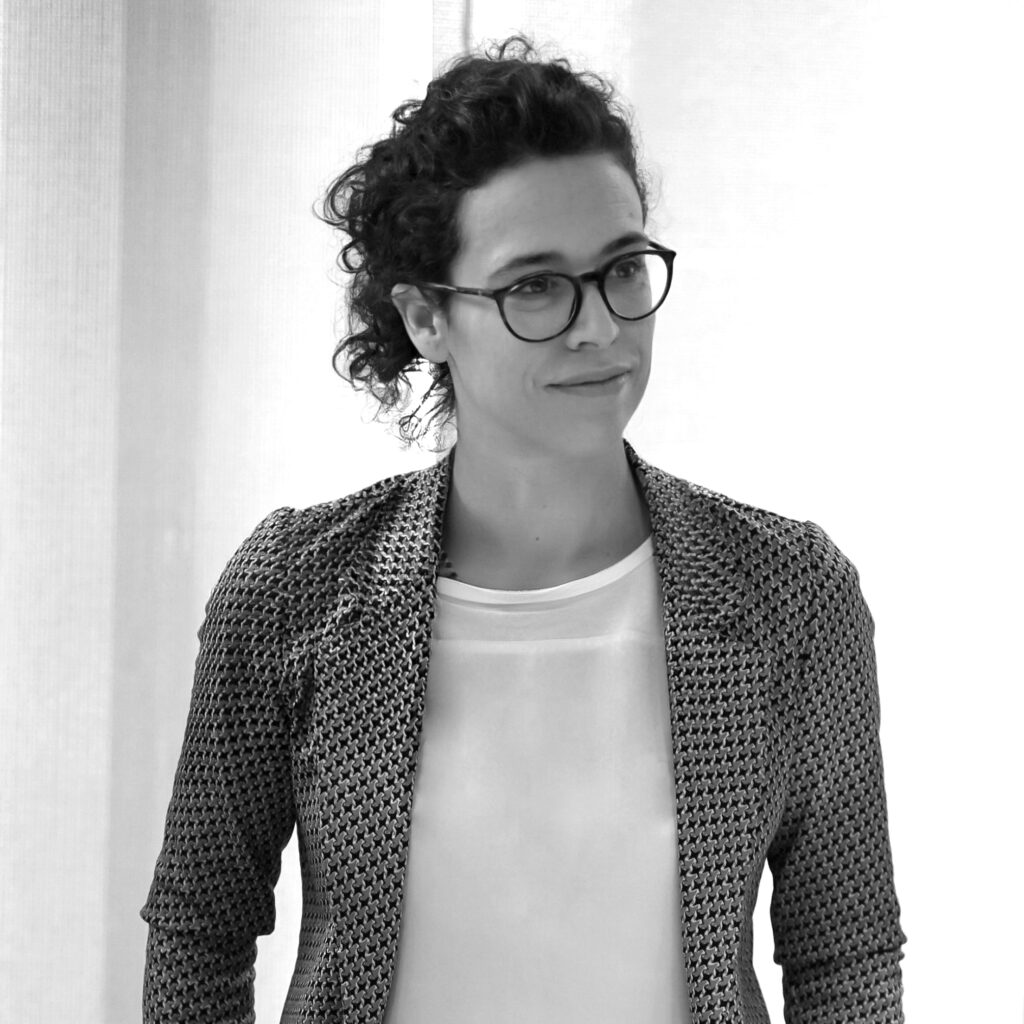
Giulia Giannini
PI – Full Professor of History of Science and Technology
Giulia Giannini is a Full Professor at the Department of Historical Studies, University of Milan. She received her Ph.D. in History and Philosophy of Sciences from the University of Urbino and the EHESS (Paris). Before joining the Historical Studies Department at the University of Milan, she held postdoc and research positions at the University of Bergamo, at the Centre Alexandre Koyré in Paris, at the Paris Observatory (SYRTE department: SYstèmes de Référence Temps Espace – Time Space Reference Systems) and at the Max Planck Institute for the History of Science in Berlin where she was Humboldt Fellow. Her main research interests focus on the history of science and its institutions, on the history of experimentation, and on cultural, political and social studies of science in Early Modern Europe. Among recent and ongoing projects, she is the co-editor (with Matteo Valleriani) of Scientific Visual Representations in History (Springer, 2023).
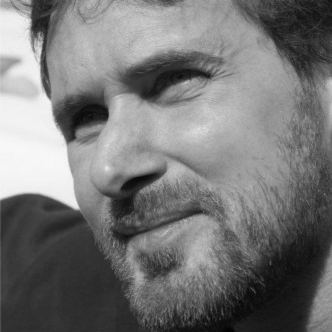
Stefano Montanelli
Associate Professor of Computer Science
Stefano Montanelli (Ph.D in 2007) is an Associate Professor at the Department of Computer Science “Giovanni Degli Antoni”, University of Milan. His main research interests include web-based information systems, semantic web, data matching, emergent semantics in open distributed systems, web data classification and summarization, crowd phenomena, and crowd-collaborative data management. He is the author of the Argo platform for consensus-based crowdsourcing and he participated, also with coordination roles, in 10 international and national research projects. He recently coordinated the MAVERICK project (Topic-Driven Detection and Analysis of Mainstream Research), a competitive ANVUR project-call funded by Italian Ministry of Education, University, and Research (2018-2019). He is member of the Data Science Research Center at the University of Milan.
Within the Project, Stefano is the P.I. of the Research Strand “Design and Development of data science techniques for document corpus analysis”.
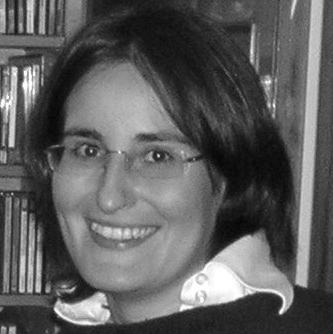
Laura Mecella
Full Professor of Roman History
Laura Mecella holds a PhD in Ancient History and since 2023 has been Full Professor of Roman History at the Department of Historical Studies, University of Milan. She has been temporary research fellow at University of Basel and Università Europea in Rome, and undertook several periods of research in Germany and Britain. Her research focuses on Roman imperial history, late antique and Byzantine historiography, and history of classical scholarship.
Within the Project, Laura is the P.I. of the Research Strand “Historia as an epistemic genre and the revival and edition of classical texts within the first scientific academy in early-modern Europe”.
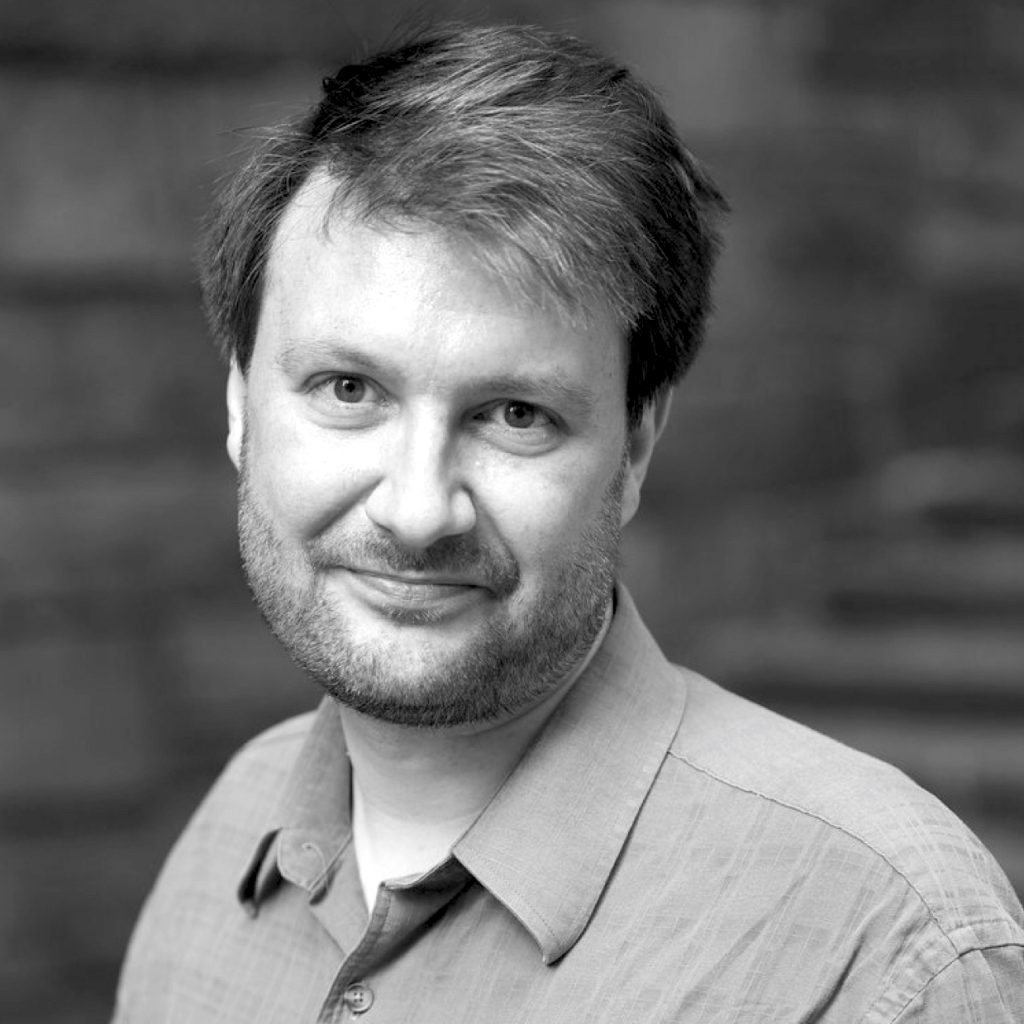
Stefano Gulizia
Postdoctoral Fellow
Stefano Gulizia is a historian of early modern science and philosophy, with a focus on forms of intellectual coordination and networks of knowledge. Trained as a classicist in Milan, he taught extensively in the U.S. (after his 2009 PhD from Indiana University) and held fellowships in California, Chicago, Montréal, Oxford, Berlin and Wolfenbüttel. In the last three years, he was a fellow at the ICUB and the NEC in Bucharest and a resident of the Polish Academy of Sciences in Warsaw, with projects pivoted, respectively, on Galileo’s Paduan years and on the reception of Aristotelian natural philosophy in East-Central Europe. His recent publications include the philosophy of mathematics in Pinelli’s papers (Bruniana et Campanelliana 2019), the anti-Aristotelian tradition in Francesco Patrizi (Intellectual History Review 2019), the cosmology of the Baltic mediator Nicolaus Andreae Granius (Harrassowitz 2019) and a collection of papers on early modern automata (Society and Politics 2019). Since 2018, he serves on the board of the association Scientiae, and is the editor-in-chief of the ‘Scientiae Studies’ book series at Amsterdam UP.
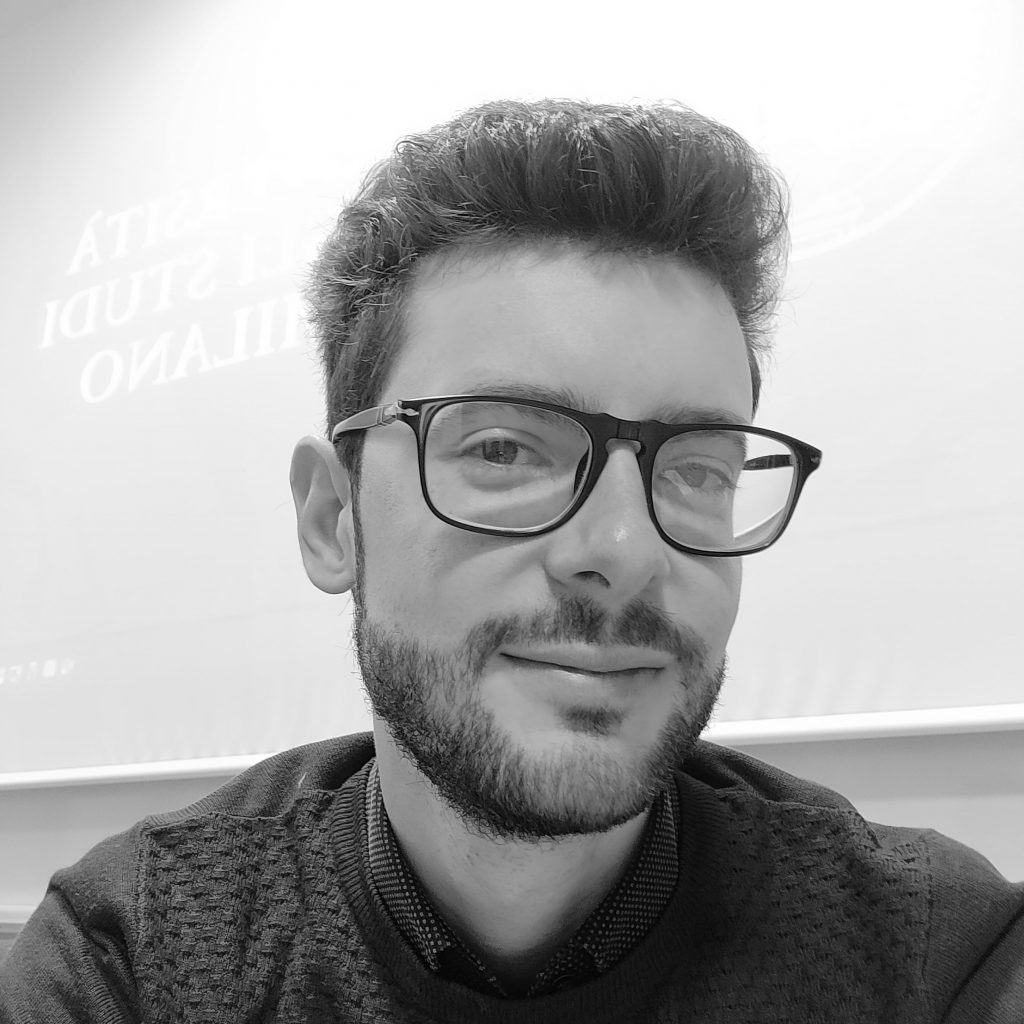
Alessandro Tripepi
Postdoctoral Fellow
Alessandro Tripepi is an Early Modern Age historian. His research topics have focused on the connections on a global scale that began in the mid-sixteenth century, with particular attention to the Far Eastern world. He obtained his PhD in 2020 at the University of Milan with a research work dedicated to the social, political, religious and cultural implications of the Jesuit action in Japan and its reflections in the Italian peninsula. Since 2021 he has been a postdoctoral fellow at the Department of Historical Studies at the University of Milan with a research project dedicated to reconstructing the connections and the network of correspondence between the academics of the Cimento and their interlocutors outside Tuscany in the mid-seventeenth century. He has written several scientific articles and participated in international workshops. He recently published Lo specchio di sé. Identità culturali e conquista spirituale nel viaggio italiano di quattro principi giapponesi alla fine del XVI secolo (Pearson, Milan 2022).
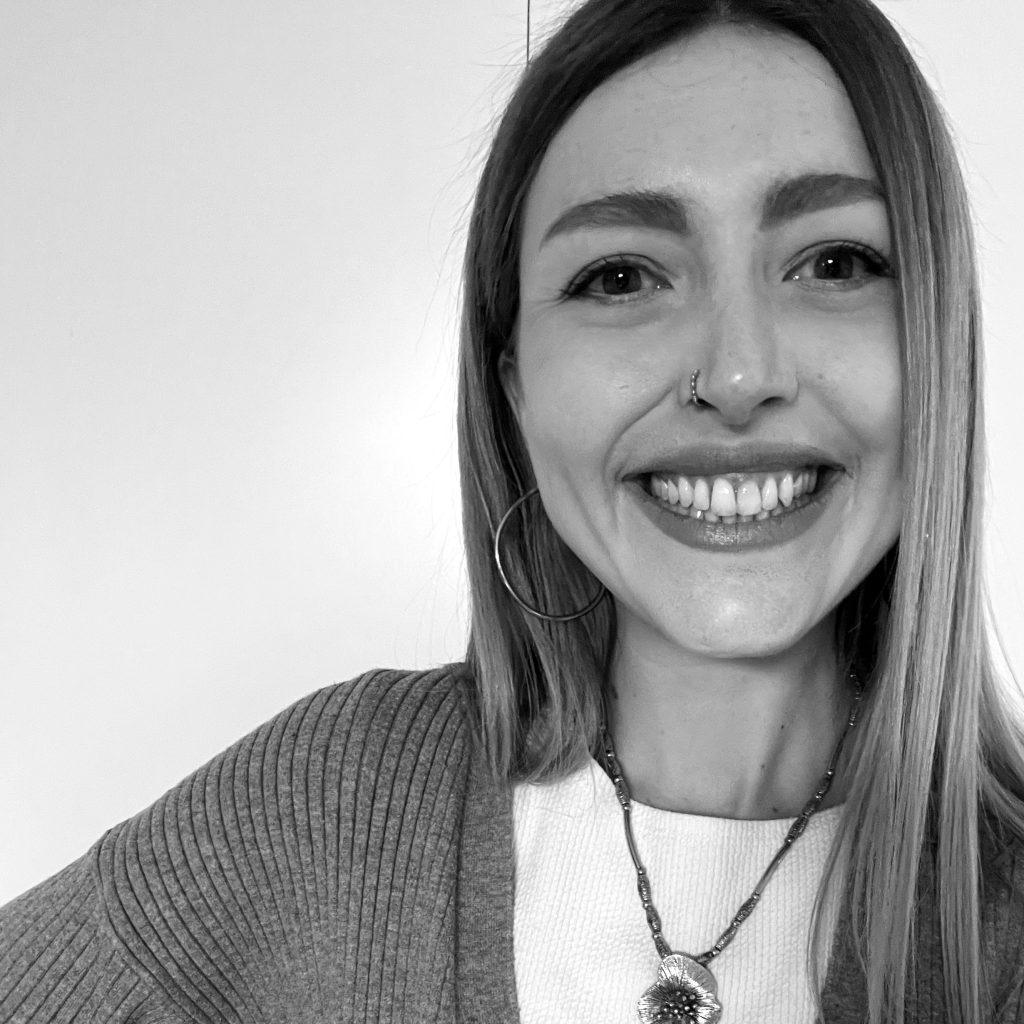
Noemi Di Tommaso
Postdoctoral Fellow
Noemi Di Tommaso is an early modern historian of science. Her research topics concern scientific correspondence in Latin (16th-17th century), the exchange of objects by means of letters, the creation of scientific networks, and the transition from Latin to Italian as a scientific language. Furthermore, some others of the central themes of her research were the reception of ancient atomism during the years of post-Tridentine and inquisitorial pressures (16th-17th centuries) and the study of the various editions, especially scientific ones, of Lucretius’ De rerum natura. She was assistant managing editor for Nuncius. Journal for Visual and Material History of Science and is assistant managing editor for Aldrovandiana. Historical Studies in Natural History. She is an active member of OFFISS (Officina di Storia delle Scienze), SISS (Società Italiana di Storia della Scienza) and a member of IANLS (International Association for Neo-Latin Studies) and Society for Neo-Latin Studies (SNLS). She also made a scientific contribution to the exhibition “L’altro Rinascimento. Ulisse Aldrovandi e le Meraviglie del Mondo”. Museo di Palazzo Poggi, 8 December 2022 – 10 April 2023.
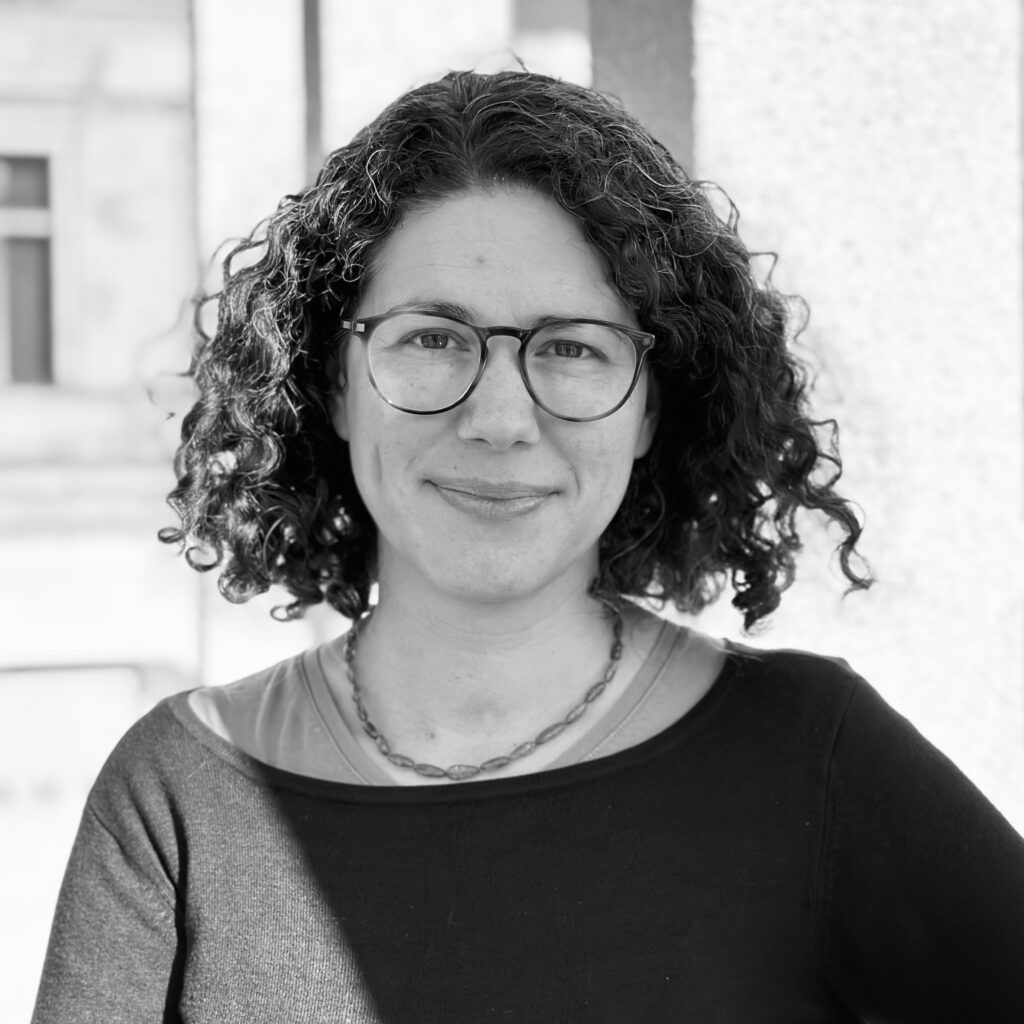
Angela Axworthy
Postdoctoral Fellow
Angela Axworthy is a historian of early modern mathematics, with a focus on the sixteenth-century Euclidean tradition and on pre- and early modern practical geometry. After obtaining in 2011 a PhD in philosophy (University of Tours – Centre d’Études Supérieures de la Renaissance), she held postdoctoral fellowships in Berlin at the Max Planck Institute for the History of Science and at the Technical University Berlin, where she taught courses on ancient and premodern philosophy of mathematics and on early modern practical mathematics. She was most recently a research fellow of the Gerda Henkel Stiftung with a project on the practical treatment of Euclid’s Elements in the sixteenth century. Her latest book is entitled Motion and Genetic Definitions in the Sixteenth-century Euclidean Tradition (Birkhäuser, 2022).
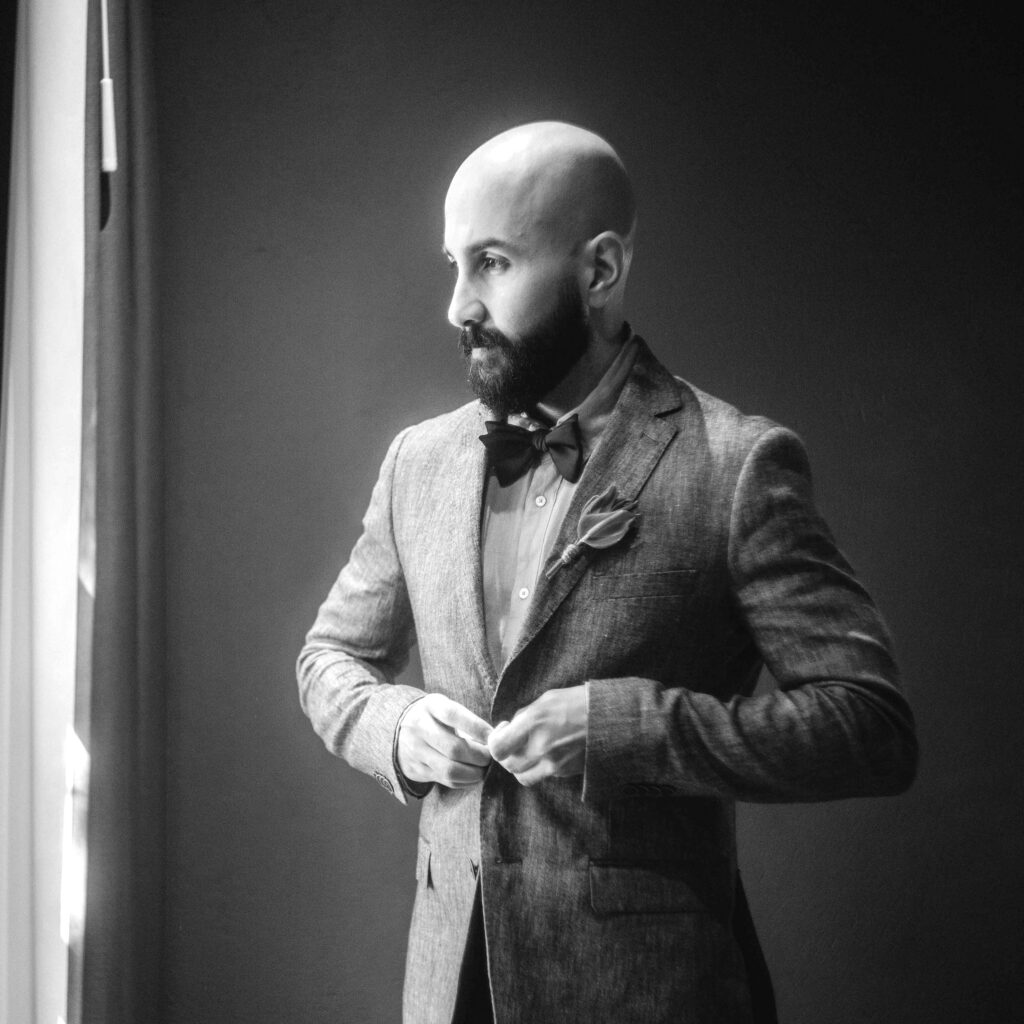
Sebastián Molina-Betancur
Postdoctoral Fellow
Sebastián Molina-Betancur holds a PhD in Philosophy with a specialisation in the history of scientific and philosophical thought from the University of Turin (2018). He is a historian of early modern science, especially dedicated to the circulation and production of knowledge in the Spanish colonies in the New World. He has been a Research Fellow at the University of Bergamo, Lecturer at the Universidad de Antioquia, Visiting Researcher at the Real Jardín Botánico of Madrid, and is part of the Executive Committee of the journal Galilaeana. Studies in Renaissance and Early Modern Science. His recent publications include José Celestino Mutis and Newtonianism in New Granada, 1762-1808 (Palgrave-Macmillan, 2023); and “A mestizo cosmographer in the New Kingdom of Granada: astronomy and chronology in Sánchez de Cozar Guanientá’s Tratado” (Annals of Science, 2021). He is currently working on an introductory monograph regarding the history of colonial science in the Americas (Il Nuovo Mondo e la Scienza, Carocci).
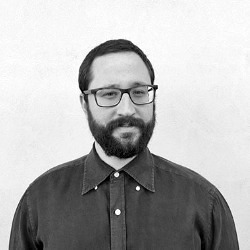
Francesco Bozzi
Postdoctoral Fellow
Francesco Bozzi holds a Ph.D. in History, Culture, Social and Institutional Theories from the University of Milan (2021). His doctoral thesis explored state formation processes and the development of interstate relations in Visconti-Sforza Lombardy. He currently serves as a Postdoctoral Fellow on the project Nomina. Forenames in Late Medieval Italy: a New Approach to Social and Political History and as an Adjunct Professor teachingResearch Methodology in History at the University of Milan. His research interests focus primarily on the social, political, and cultural developments of urban populations in central and northern Italy during the 14th and 15th centuries.
Francesco is involved in the project’s research strand The Cimento and Intellectual History.
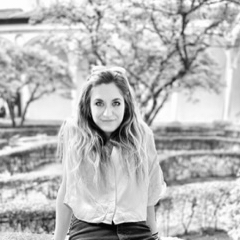
Elena Felicani
Postdoctoral Fellow
Elena Felicani is a research fellow at the University of Milan within the project “Geography and History of Grammars of Italian” (GeoStoGrammIt). She worked as a research fellow at the University for Foreigners of Siena within the project “Vocabolario Dantesco”; in that University she earned a PhD (2021) with a thesis in history of italian language, published as «Ma il bel sogno si realizzerà presto». Le lettere di Clementina Biagini a Policarpo Petrocchi. Edizione e commento linguistico (FrancoAngeli, 2022). She was a collaborator of the LEI (Italian Etymological Lexicon) at the University of Mannheim and the University of Vienna. Among her recent publications: La grammatica in movimento: primi sondaggi negli adattamenti delle Regole ed osservazioni della lingua toscana di Salvatore Corticelli, in «Studi di Grammatica Italiana» (XLI, 2022); Le ragioni della grammatica: le Regole ed osservazioni della lingua toscana di Salvatore Corticelli, tra continuità della proposta normativa e novità strutturali, in «Italiano LinguaDue» (2, 2022); «Per scoprire e conquistare una lingua, la lingua per tutti». La prima edizione sinottica dei Promessi sposi (1877), in «Prassi Ecdotiche Della Modernità Letteraria» (1, 2023).
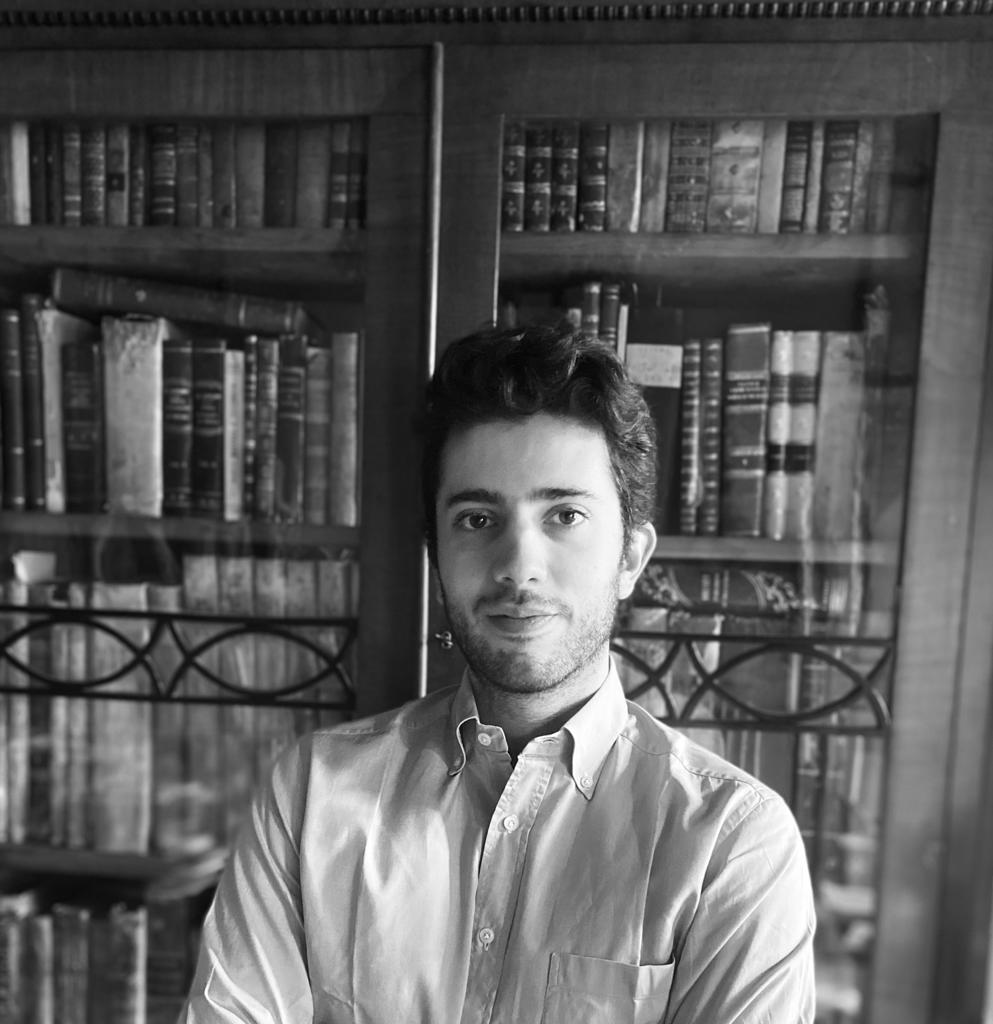
Ruggero Pace Gravina
Postoctoral fellow
Ruggero Pace Gravina received his PhD from the University of Milan in June 2024, defending a thesis on the intellectual origins of the Accademia del Cimento and the role of its meteorological studies. During his doctoral studies, he was a visiting fellow at the Max Planck Institute for the History of Science in Berlin and at the Universidad Nacional Mayor de San Marcos in Lima. His research interests now focus on the early modern history of science from a global historical perspective, with a particular interest in visual history.
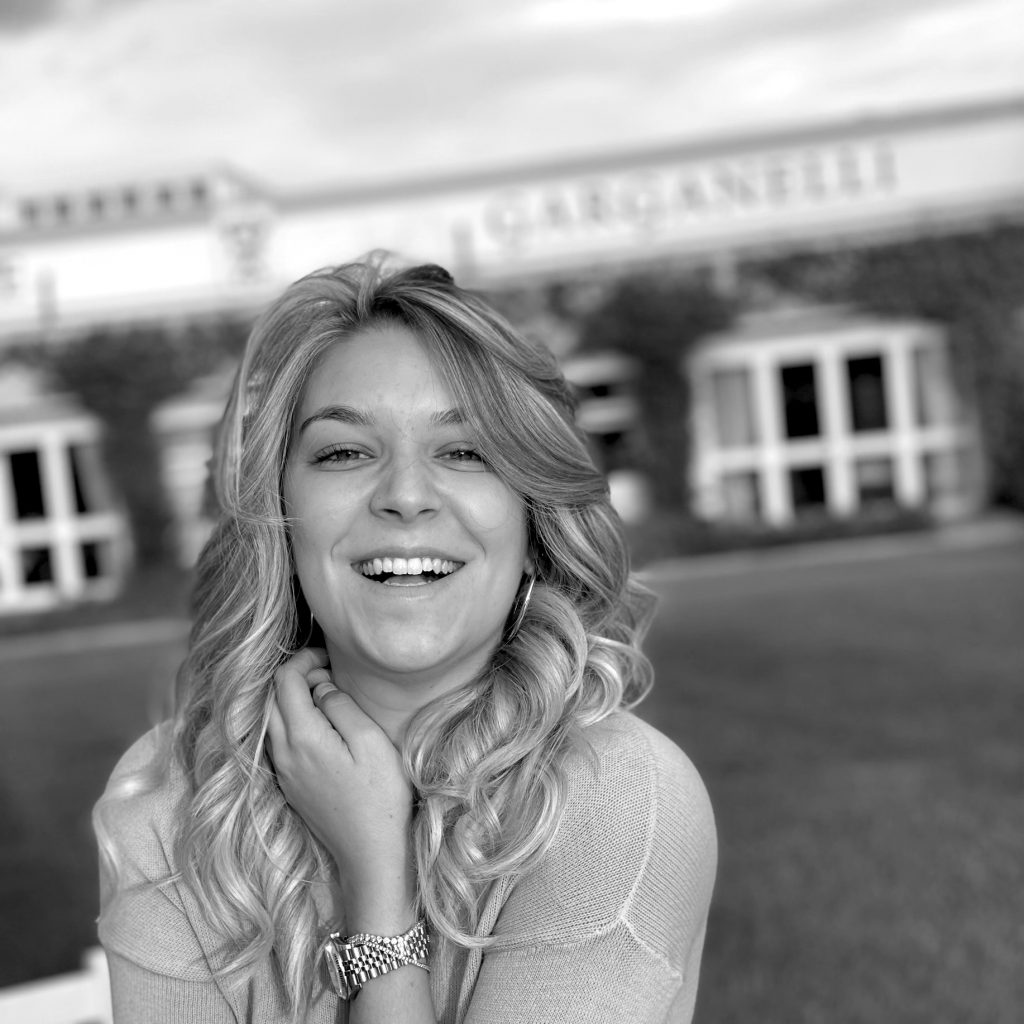
Elisabetta Rossi
PhD Student
Elisabetta Rossi is a PhD student in Historical Studies at the University of Milan. She graduated in Astrophysics and Cosmology in July 2021 at the University of Bologna, with a MA thesis in History of Astronomy focused on Giovanni Domenico Cassini and his activity at the Académie des Sciences in Paris. Her research concentrates now, as part of the Tacitroots team, on the experimental activity of the Accademia del Cimento, with particular attention to the Academy’s work on Physics.

Darya Shlyk
PhD Student
Darya Shlyk is a research fellow at the Department of Historical Studies. Graduated in “Economics and Management” at the University of Milan, she then gained her Master’s degree in “Data Science and Economics”. Darya joined ISLab research activity in Septemberr 2022 and is currently involved in the ERC founded project, dealing with the analysis of historical corpus of scientific documents. Her research interests mostly pertain to topics of interpretability and explainability of deep learning approaches to Knowledge Exstraction and Natural Language Understanding.
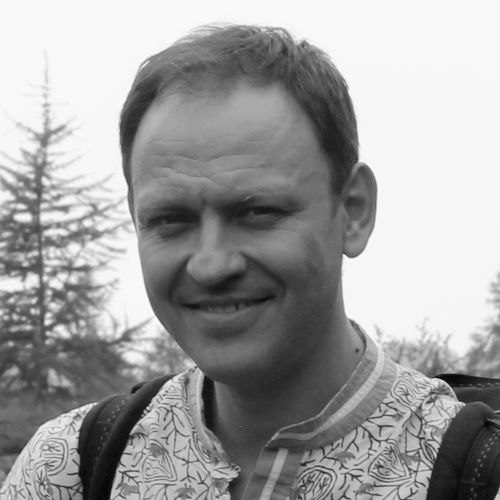
Martin Ruskov
Postdoctoral Fellow (01/09/2021-30/06/2022)
Martin Ruskov is a computer scientist and now Fixed-term Research Fellow (A) at the University of Milan. He defended his PhD at University College London in the domain of game-based learning. He works in the area of Computer Supported Collaborative Work and its applications in Historical Studies and the Digital Humanities in general. Previously he has worked in the services industry, as well as on a number of research projects with EU and national funding from the UK, Germany and Bulgaria. Among these were virtual explanations of historical artefacts to popular audiences (art-E-fact, EU-FP5-IST, 2002) and lexical analysis of the vocabularly richness of multilingual medieval texts (Didactic Gospel, BNSF, 2020). His research interests include Interactive Storytelling, Technology-enhanced Learning and Behavioural Change.
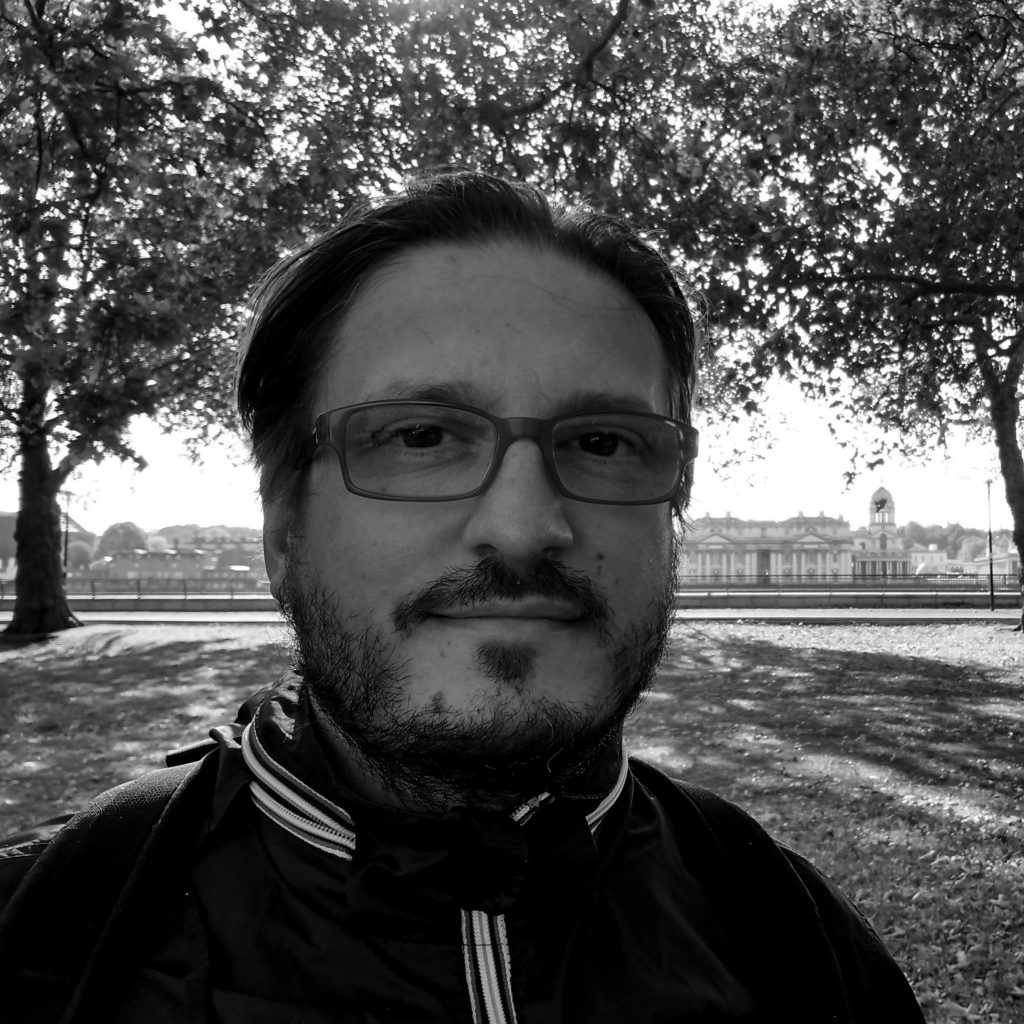
Cristiano Zanetti
Postdoctoral Fellow (01/09/2020-31/12-2021)
Cristiano Zanetti received his PhD from the European University Institute in 2012, where he wrote a prize-winning dissertation on Janello Torriani, also known as Juanelo Turriano (Cremona, Italy ca. 1500 – Toledo, Spain 1585), the greatest, yet largely forgotten, Renaissance inventor and constructor of machines. This was published as Janello Torriani and the Spanish Empire: A Vitruvian Artisan at the Dawn of the Scientific Revolution (Brill, 2017). A medieval historian by training, he was DAAD Fellow at the Max Planck Institute for the History of Science in Berlin and Andrew W. Mellon Fellow at The Harvard University Center for Italian Renaissance Studies (Villa I Tatti, Florence). Cristiano also worked for a decade as field archaeologist. He has published monographs and articles on medieval archaeology and Renaissance science and technology, and is active in public history projects to disseminate the results of his research, which focuses primarily on the social and cultural history of technological innovation in the long Renaissance.
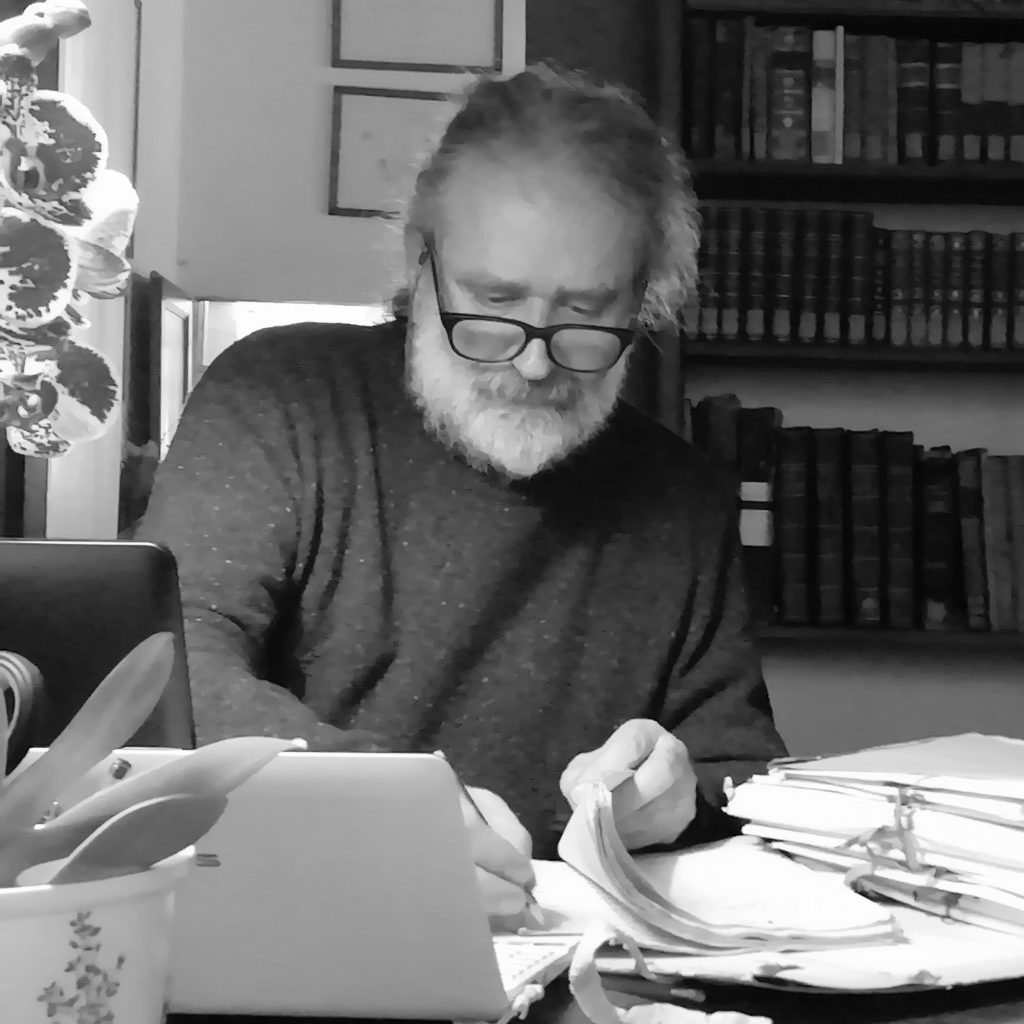
Stefano Calonaci
Postdoctoral Fellow (01/10/2020-31/08/2022)
Stefano Calonaci is a historian of the modern period. He teaches as an adjunct professor in the History of Historiography of the Modern Period at the University of Milan. He has participated in numerous national and international research projects, including European and Venetian Renaissance (EVERE), belonging to the DISSGea Department of the University of Padua. Among other things, he has dealt with the history of culture, intellectual networks and educational practices in modern Europe. Among his publications: Non solo onore. Vertenze patrimoniali e arbitrato mediceo nell’Italia del Seicento, in «Stringere la pace». Teorie e pratiche della conciliazione nell’Europa moderna (secoli XVI-XVIII), Viella, 2011; Florence au XVIIe siècle: une longue stabilité sous l’égide des Médicis, in Histoire de Florence par la peinture, Paris, Citadelles & Mazenod, 2012; Taking over The Economy. Cosimo I de’ Medici and the Management of the State’s Wealth, in A. Assonitis & H.T. van Veen (eds.), Companion to Cosimo I de’ Medici, Brill, Leiden, (in press).
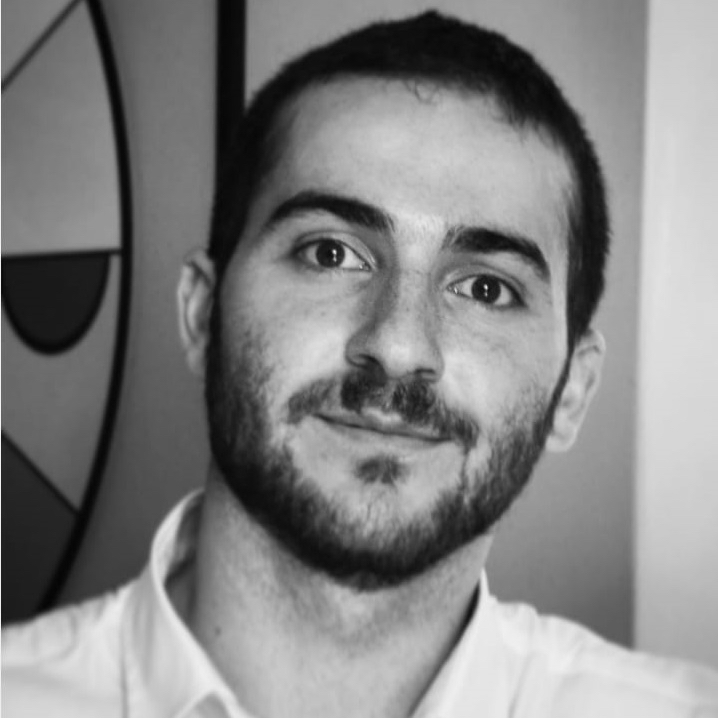
Francesco Periti
Predoctoral fellow (01/10/2020-30/09/2021)
Francesco Periti is currently a PhD student at the Department of Computer Science, University of Milan. He graduated from the University of Parma with a bachelor’s degree in Computer Science in 2018 and he finalized his master degree in computer science at the University of Milan in the summer 2020. During his studies he became passionate about Machine Learning, Data Mining, Natural Language Processing and Computational Humanities. His recent research activity, which was described in his master thesis work, focuses on lexical analysis and automatic detection of references and citations in Vatican publications from Leo XIII to Francis (1878-2020).